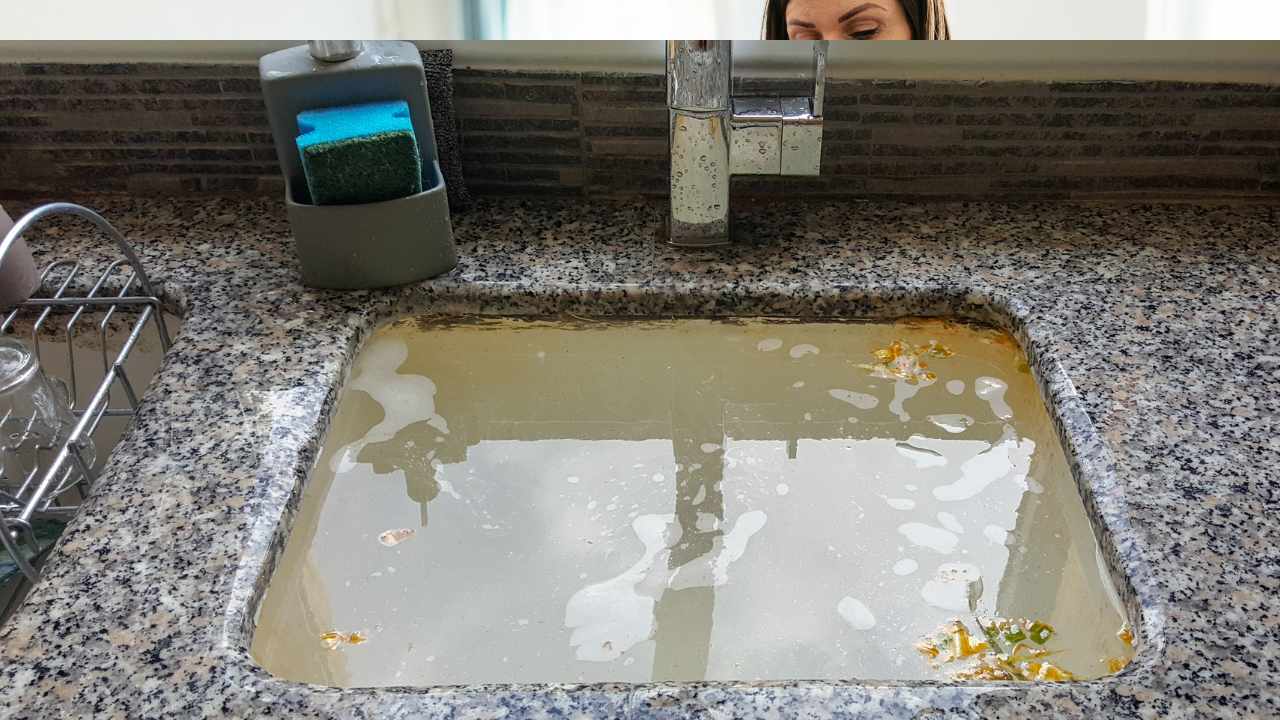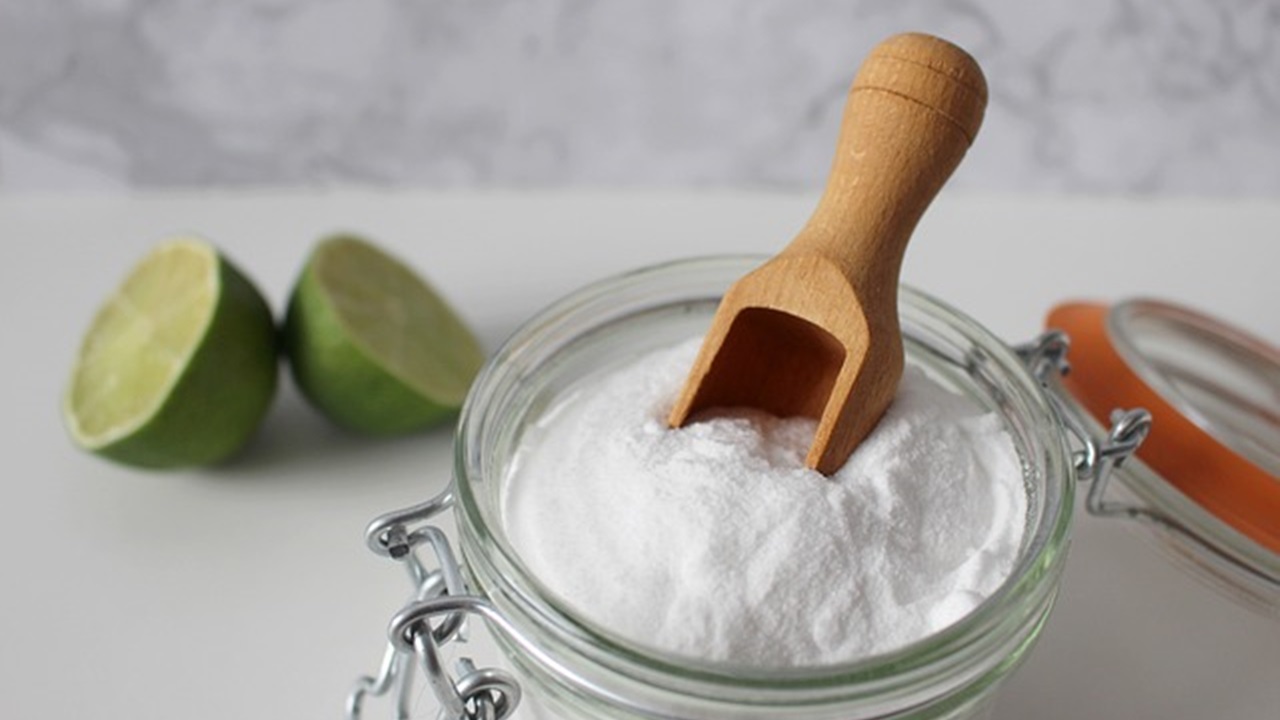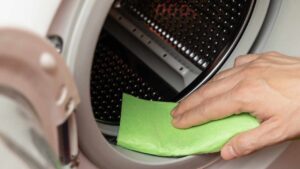Is Your Kitchen Sink Blocked? You Need a Few Teaspoons of These Ingredients That You Already Have in Your Kitchen
Chances are, you’ve faced a clogged kitchen sink at least once. It begins innocently with a small pool of water, but soon, the drainage slows, leaving you with an unusable sink. Even with specially formulated products on the market, which can be expensive, they often disappoint expectations. You may not know that the hidden solutions are likely in your pantry—affordable and straightforward.

Understanding why the sink blocks helps us identify habits that might be causing it. The main culprits are debris, food residue, and grease accumulating in the drainage system. Practices like washing dirty dishes with food scraps or using improper detergents contribute to a gradual build-up that takes time to clear. Habits like repeatedly pouring coffee grounds down the drain can also play a role in creating blockages that are difficult to remove.
Two remedies to free the kitchen sink from blockage
Once the damage is done, it’s time to fix it. As mentioned, your pantry holds the key, and we will use three ingredients: baking soda, vinegar, and salt, employing two different methods.

Before applying our tricks, pour a kettle of hot water down the drain. The heat helps to loosen and flush away some of the debris, making the subsequent methods more effective. If the clog persists, try using a plunger. This tool can create pressure changes in the pipe, dislodging and removing blockages. Ensure there’s enough water in the sink to cover the plunger and create a seal. Next, it’s time to apply our suggested remedies.
DIY Solution 1 – Baking Soda and Vinegar
To apply the first method, pour baking soda into the drain, then wait a few minutes and add the vinegar. Allow it to work until you observe the formation of air bubbles, indicating the drain is getting back on track. Finish by pouring in boiling water to flush away the dissolved debris.
The magic happens when baking soda and vinegar join forces, sparking a chemical reaction that produces carbon dioxide. This reaction helps dissolve and flush away debris. Conversely, salt proves effective in breaking down fat deposits and food residues—common culprits for blockages.

DIY Solution 2 – Baking Soda, Vinegar, and Salt
To use the second method, combine vinegar, baking soda, and coarse salt. Pour this solution into the drain, allowing it to work its magic for a few minutes. Follow up by pouring boiling water down the drain to complete the process.
If home remedies don’t work, or if you’re dealing with a persistent clog, it’s advisable to seek professional plumbing assistance. This can help prevent potential damage to pipes and ensure a thorough resolution of the issue. After you fix the clog issue, you should always apply preventive measures, such as using sink strainers to catch debris and avoiding pouring grease or large food particles down the drain. By combining these methods, you can tackle kitchen sink clogs more comprehensively, keeping your drainage system in good condition.





